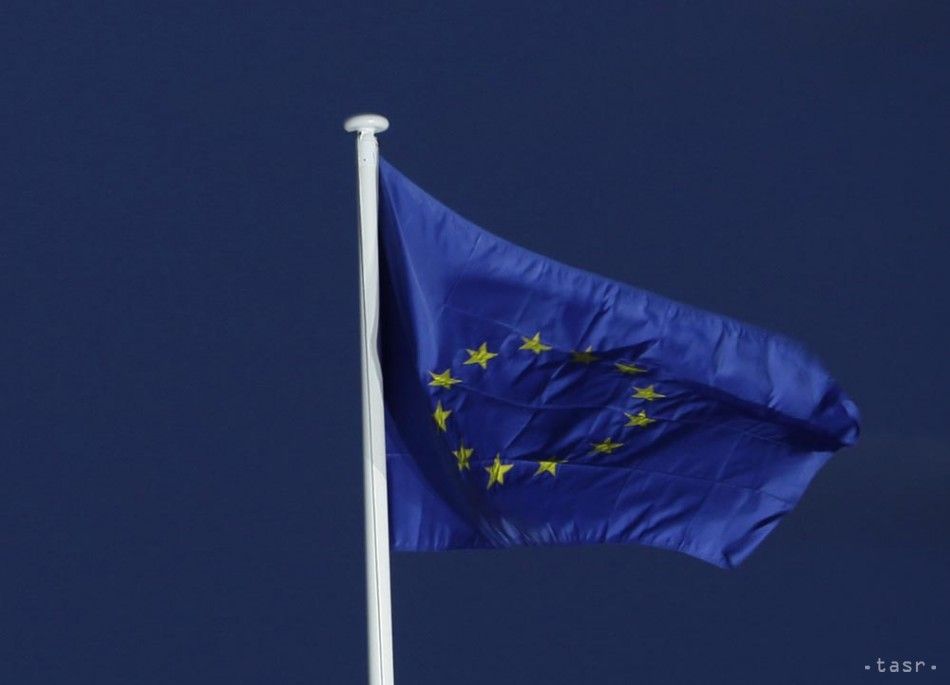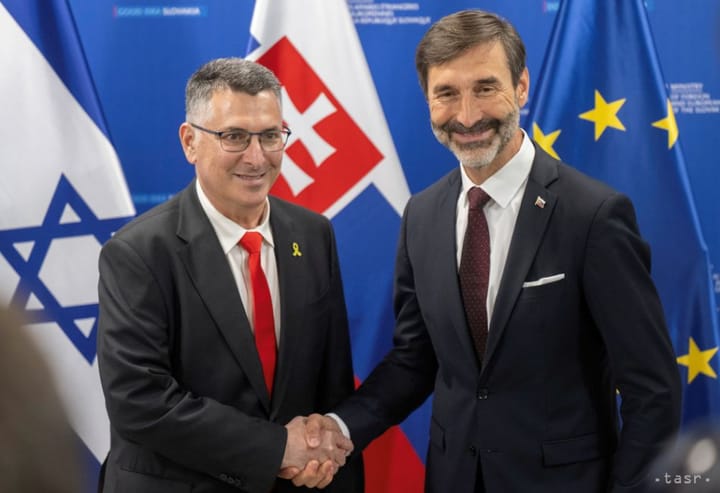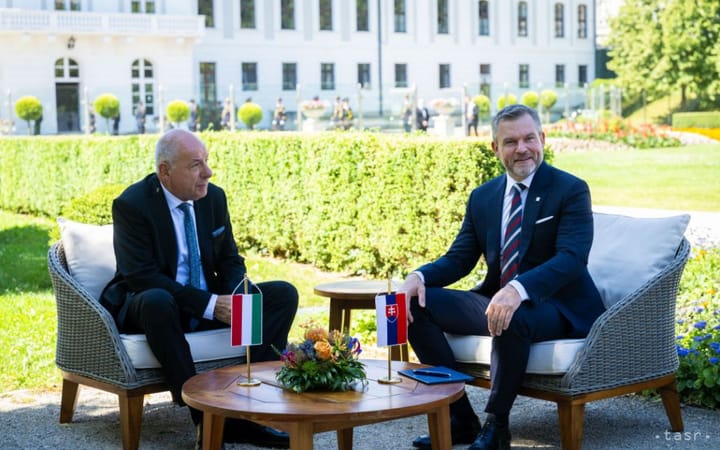CoFoE: EU Aid to Manage Humanitarian Crisis Is Here, Drawing Depends on Slovakia

Bratislava, April 8 (TASR) – Slovakia has the opportunity to draw significant financial and material assistance from the European Union (EU) in managing the migration crisis, providing assistance to people seeking refuge from the war in Ukraine, Slovak MEP Miriam Lexmann (KDH, EPP) stressed on TASR TV in connection with the ongoing Conference on the Future of Europe (CoFoE).
The MEP discussed with Kosice self-governing region head Rastislav Trnka and head of the Slovak Towns and Villages Association (ZMOS) Office Michal Kalinak the possibilities and use of EU aid to the regions affected by the refugee crisis.
“In the European Parliament, we very quickly approved the measure so that it is possible to use not only current financial programmes but also funds that were not used by member states from allocations in the previous programming period,” said Lexmann, noting that in the case of Slovakia it is €7 million.
Rastislav Trnka, the head of Kosice region, which, together with Presov region, is exposed to the greatest onslaught of refugee waves in Slovakia, also appreciated the active approach of the EU institutions. “Without the European Parliament and the European Commission, we would find it difficult to deal with the humanitarian situation,” he admitted, praising the communication with the Commission and the partner regions. “Thanks to their help, we were able to get tonnes of humanitarian aid to our region and Ukraine,” he said.
ZMOS Office head Michal Kalinak stated that the situation in Ukraine, a non-EU country, has helped people to realise the importance and value of the EU community. “However, it also rediscovered the long-term dysfunctional system of the state’s crisis management, which during the COVID-19 pandemic and in managing the current refugee crisis, had to be substituted by local government in cooperation with volunteers,” he said.
The debaters criticised the state’s overall approach to providing flexible and coordinated assistance in managing the humanitarian crisis. Lexmann pointed to the state’s continuing commitments to local government and the non-profit sector, which in the first phase provided the aid on their own. She also lacks effective communication between the state and local government.



